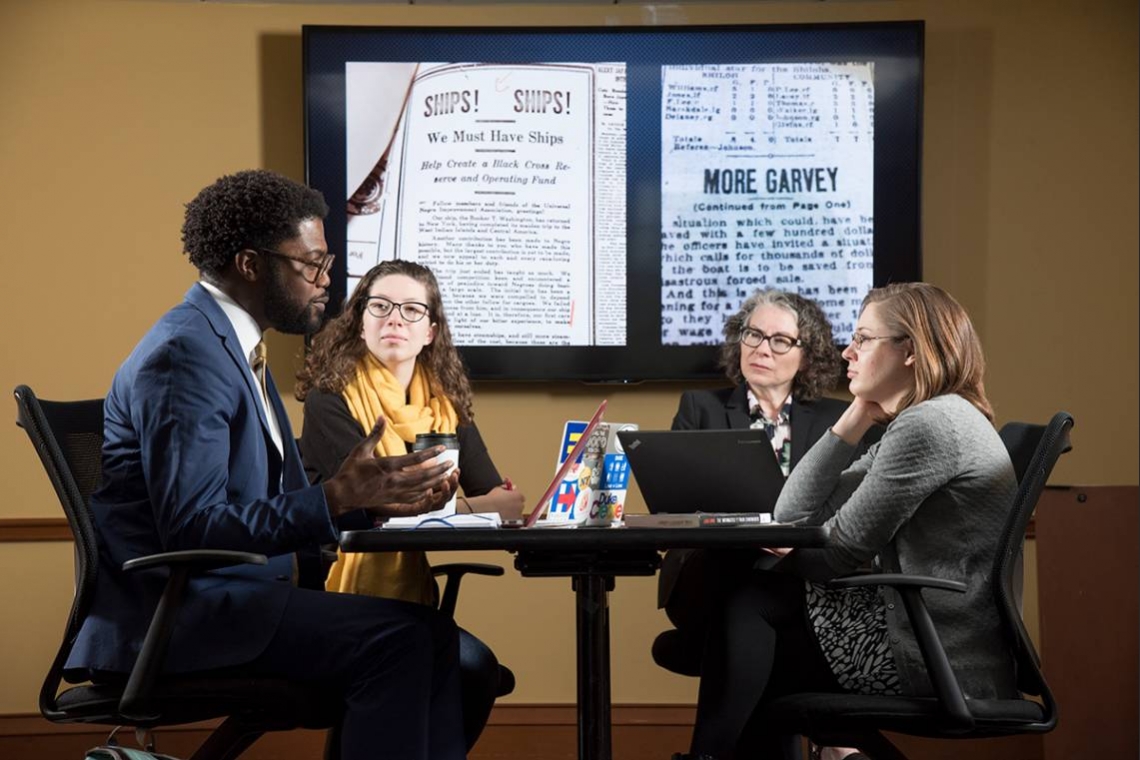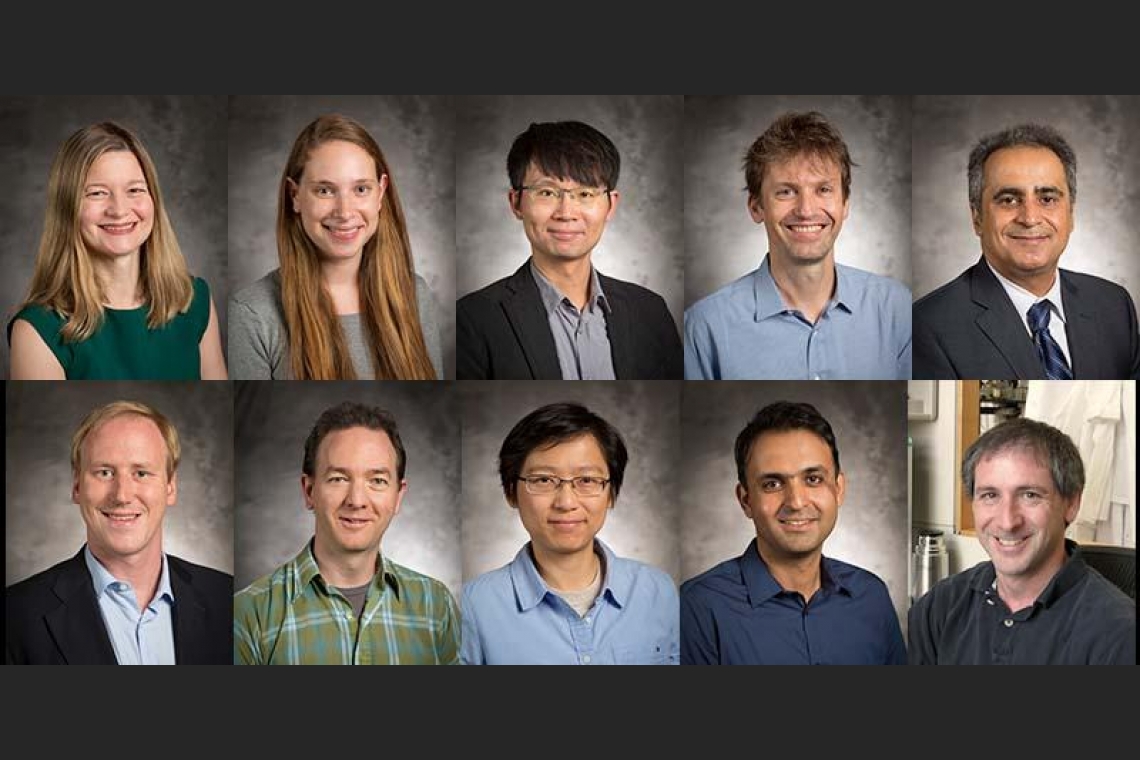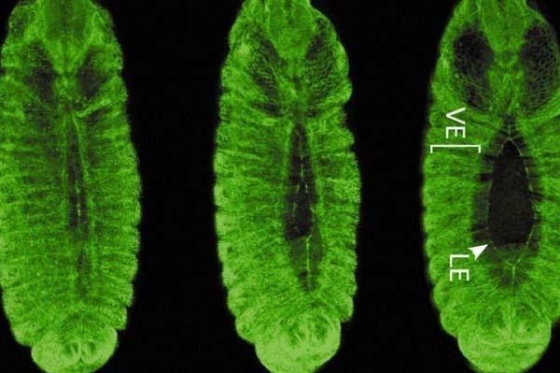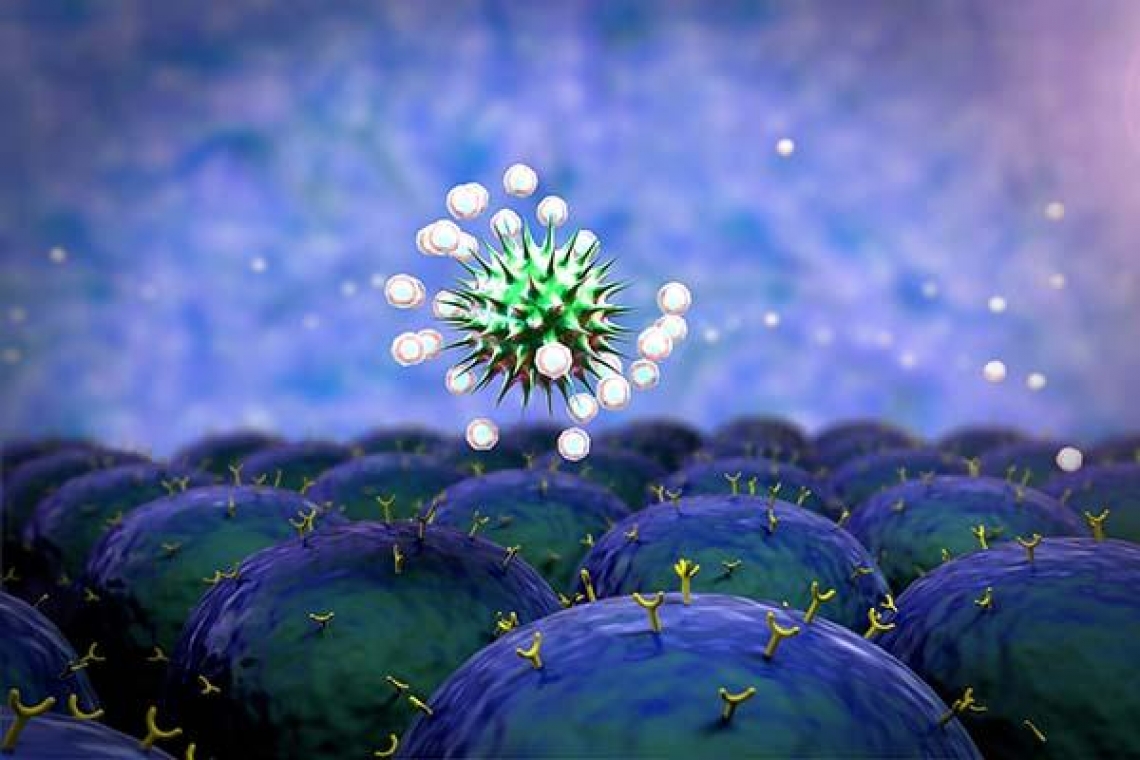To advance research in Trinity College, we will make strategic hires of high profile faculty in well-defined areas, partner with departments and schools, and challenge departments to think strategically about where they want to invest. We must also nurture and support our current faculty so that they serve as scholars and leaders of our academic enterprise.
Our Goals
- Increase the distinguished profiles of our faculty as well as departments’ national and international reputations
- Cultivate new areas of reputational strength
- Maintain the high profile of the Humanities and Social Sciences, while developing the Natural Sciences analogous to the other divisions
- Strengthen connections to other schools and institutes
- Recruit and retain distinguished faculty and “game changers” who can advance departmental rankings
- Augment support of current faculty
- Enhance space, facilities, equipment, and infrastructure



